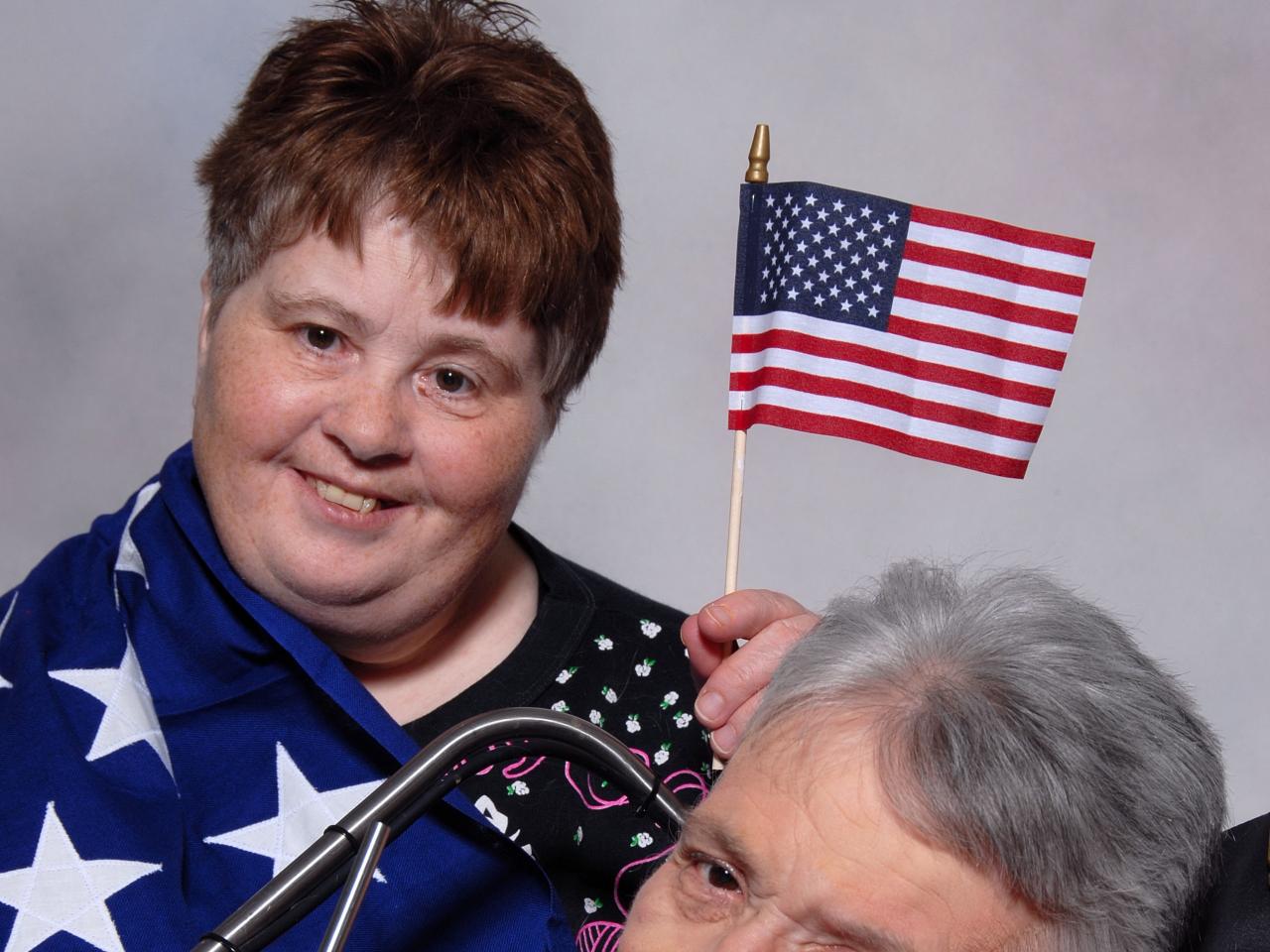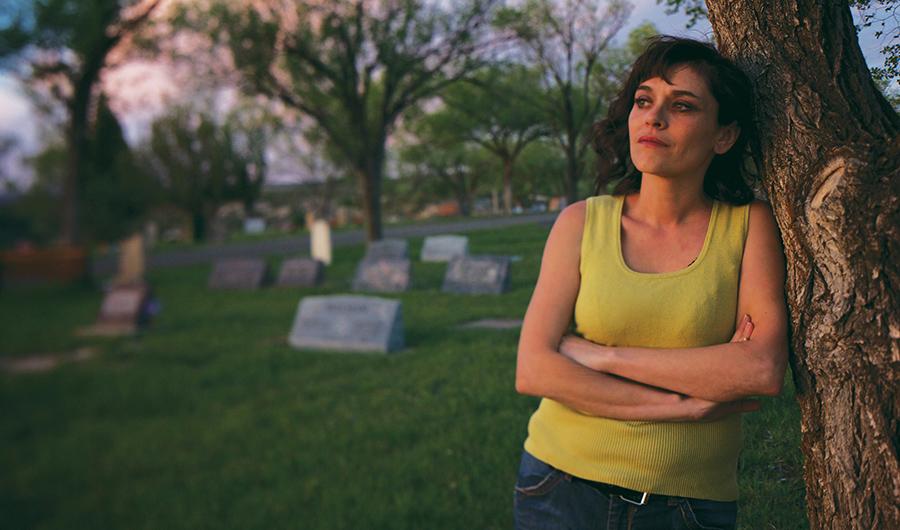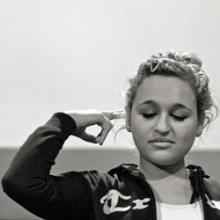New Day Films Cross the Globe

Through the American Film Showcase, New Day members are finding new audiences in countries as varied as the Dominican Republic, South Korea, Uzbekistan and Zimbabwe. In the process, they are introducing filmmakers to the documentary genre and expanding understanding of the vital role independent media can have in social change.
Funded by the State Department’s Bureau of Educational and Cultural Affairs, and administered by the University of Southern California School of Cinematic Arts, the American Film Showcase (AFS) brings award-winning American documentary and independent narrative films to audiences across the globe. The filmmakers are paired with a local film expert to facilitate activities that go beyond screenings and Q&A sessions to include workshops and master classes.

Suzan Beraza, whose New Day film Uranium Drive-In was included in the AFS, just returned from a ten-day stay in the Dominican Republic. Beraza’s favorite part of the experience, aside from the screenings themselves, were the one-on-one workshops. “You could see the wheels turning,” she related. “Making films is a powerful way of telling and keeping stories alive, and it was so exciting to watch the students start to understand this and to look at filmmaking in a very different way.”
Alice Elliott was one of the first New Day members to join the Showcase under its predecessor program, the American Documentary Showcase. She traveled to Uzbekistan, where she spent ten days showing her film Body & Soul: Diana & Kathy and participating in workshops for people with disabilities. It was the first time that the U.S. Embassy in Uzbekistan had hosted an audience of people in wheelchairs.
Modeling a critical concept that is central to the disability rights movement in the United States -- “Nothing about us without us” – Elliott included Diana, a main character in her film, in the journey. Showing that people with disabilities can travel and be out in the world stands out in a country like Uzbekistan, where this is far from the usual practice. Alice took note of the many barriers to mobility for disabled individuals in Uzbekistan and came home with a fuller awareness of the rights we have fought to attain in this country. Deaf Jam, a film by Judy Lieff, was shown in South Korea, Turkey, and Zimbabwe. The venues, approaches, and audiences were radically different in each country.

In South Korea, Judy met with deaf students to screen her film and talk about disability rights. South Korea is a country where disabled people are largely shunned (see Mina Son’s excellent documentary Making Noise in Silence for more on this topic), so it was particularly important to empower this group of students to talk openly about cultural practices and to encourage them to find their individual and collective voices through poetry. Leiff also helped educate independent filmmakers and activists in South Korea about disability rights in the United States, and about how to effectively organize communities of people with disabilities. She also met with broadcast producers to help them understand why it is paramount to include and embrace a diverse audience. With a backdrop of protests taking place in Turkey, Judy’s participation in the Showcase there was poignant. The U.S. Embassy reached out to schools it had never worked with before because of Judy’s film and her involvement with deaf communities.
In Turkey, there is no standardized sign language and, as in South Korea, people with disabilities are often an invisible part of society. In addition, educational distribution for documentaries has not been fully explored, so Leiff met with university students and independent filmmakers, festival organizers, and local producers to discuss New Day’s cooperative structure. Zimbabwe presented unexpected challenges as well. There, there are no broadcast outlets for filmmakers and no distribution opportunities, so the time there was spent exclusively with independent filmmakers. Leiff offered advice and resources, feedback on rough cuts, information about New Day’s unique model, and encouragement to work together to enhance their power and visibility as agents for disseminating ideas and information, and effecting change.
Judy came away from her participation in the AFS with a clear and potent realization of the intrinsic value of our films as educational tools in a variety of global contexts. “New Day members are real teachers, whether they hold an academic post or not, and it is the educational value of both our films and us as filmmakers that makes this international connection so valuable,” she recounted.
The Showcase focuses on topics that include civil rights, disabilities, social justice, sports, freedom of the press, technology, and the environment---subjects that are the DNA of our cooperative. The organization recognizes the educational value of our films on an international level and the capacity of New Day filmmakers to serve as grassroots educators in areas where films and filmmakers are not part of the mainstream. It is a great fit for New Day Films, and increasingly our members are partnering with this organization to further our mission of reaching diverse audiences with our pressing messages, and collaborating with and teaching other filmmakers in different countries. It offers us, as filmmakers, an opportunity to be international emissaries for our respective causes and issues, and it shows our ability, as a collective, to be a far-reaching force for positive social change.